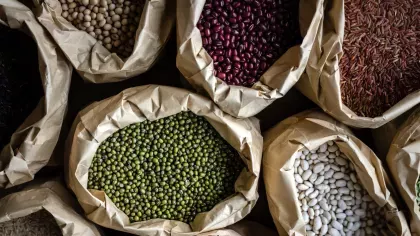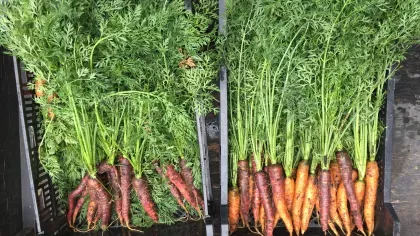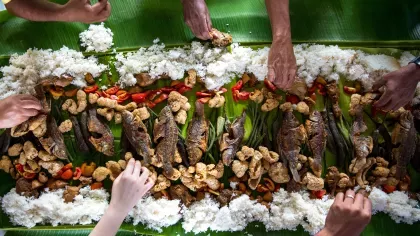5 June 2019
Producing more food whilst protecting wildlife
Kew scientists are working hard to find answers to pressing questions around food security; an issue that will affect everyone.

We know that food is a big issue.
As the human population increases, there is going to be growing pressure on our farmers to feed us. Sustainable intensification is the production of more food without damaging the environment.
It has been thought of as the holy grail of modern agriculture.
Kew Science has found that it may not be an impossibility. Recent research has shown that it may be possible for farmers to produce more food and, at the same time, improve conditions for our wildlife to thrive.
We all need to eat
We need more food to feed the growing number of mouths around the world.
To meet the demand, farmers around the world have had to intensify food production.
On beef and dairy farms, farmers have larger herds of high yielding cows, which also means that farmers often can grow only a few of the highest yielding crops to feed them, with crop yields further boosted using fertilisers.
This has meant that our farming systems are very productive indeed.
In the UK, a dairy cow typically produces over 40 litres of milk per day with many producing a lot more. It’s amazing to think that these huge animals, reaching 600kg (around 100 stone), are only eating plants.
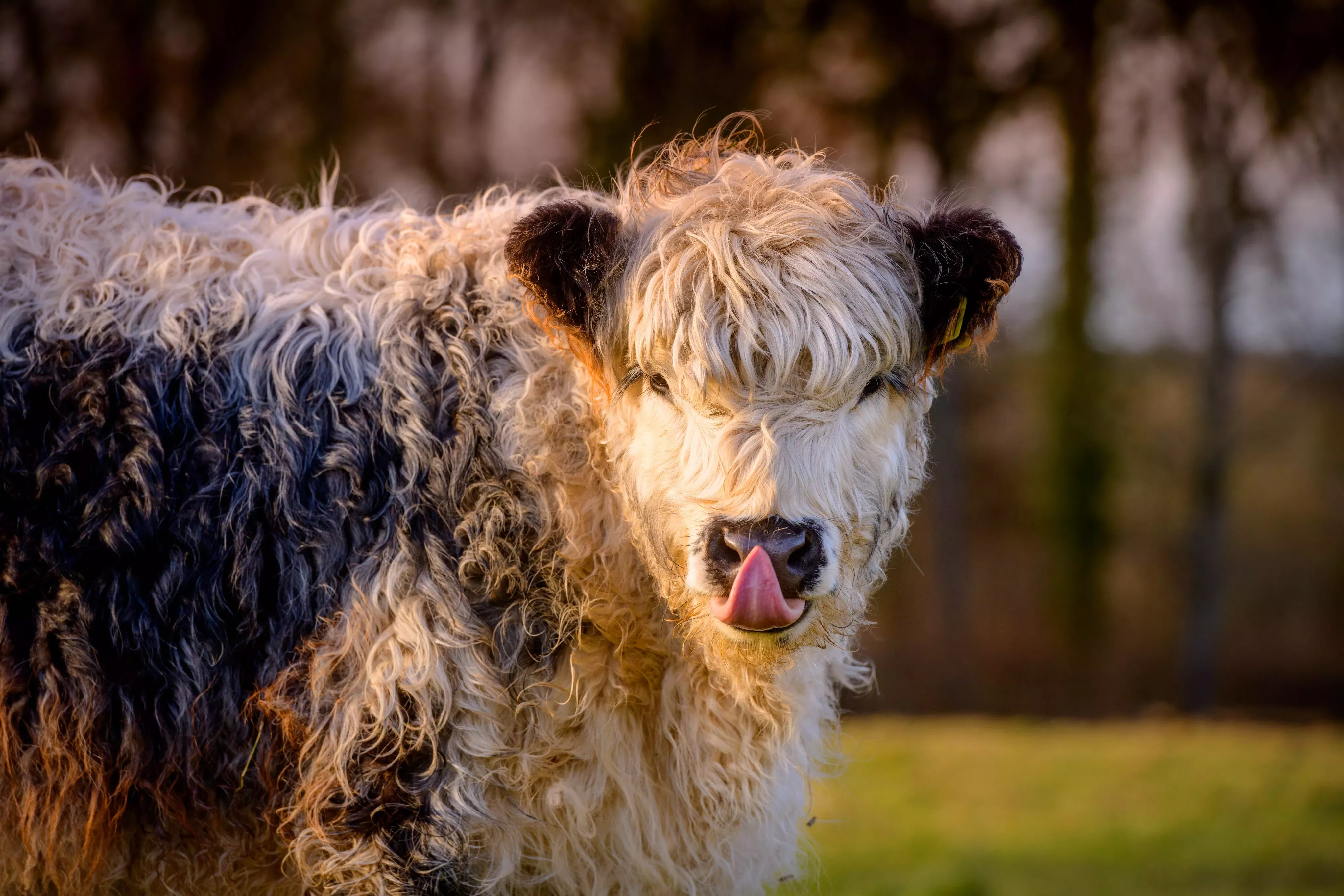
Our wildlife is suffering
There’s a significant catch to this food bonanza.
Growing a small number of high yielding crops, even managing fields so that only one or two grass species grow, has led to a loss in biodiversity. There are fewer habitats and fewer different types of habitat, so wild plants, insects, birds and mammals have been in decline.
Sadly, many of our farms are now thought of as ecological deserts; producing lots of food but without much wildlife as a result.
But there is a ray of light.
Research carried out by our own forage plant expert, Dr Mark Lee, together with colleagues at Edinburgh Napier University and Scotland’s Rural College, has shown that if farmers were to grow a greater variety of crops to feed to their animals then they could produce more food and actually support a greater variety of wildlife.
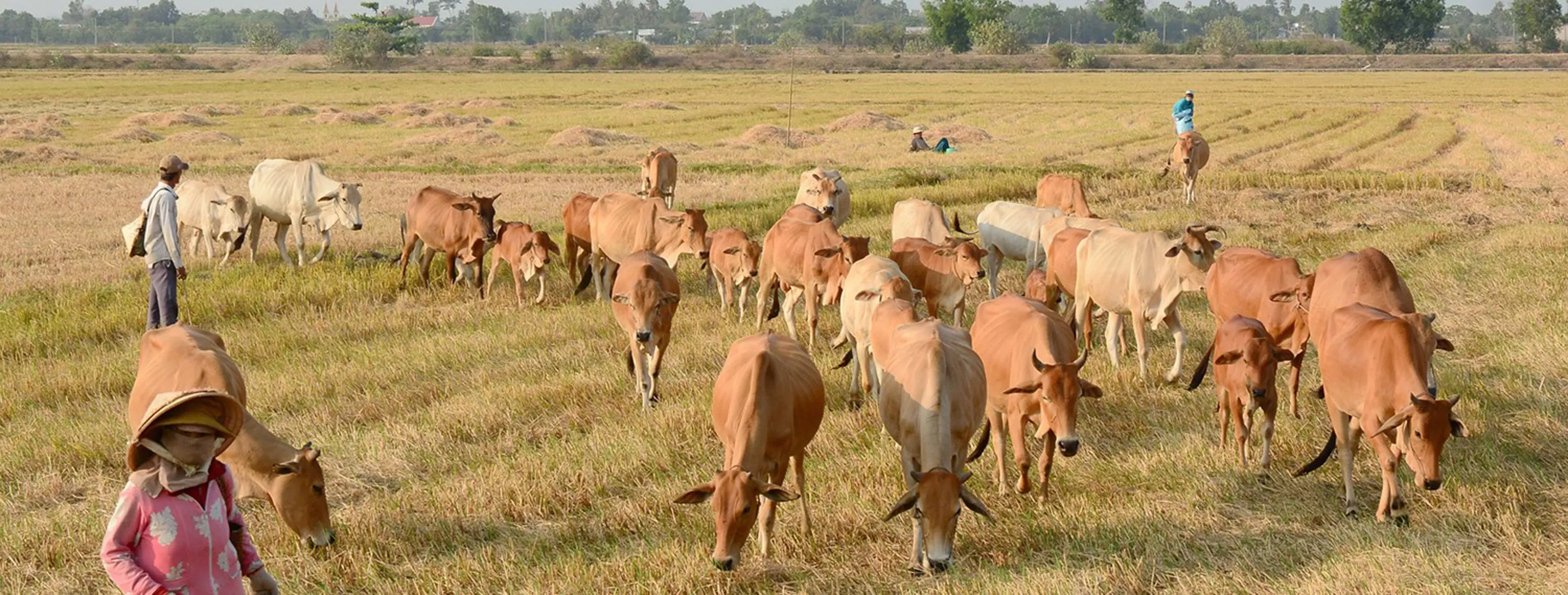
Do cows have the answer?
Cows are like us (in some ways) in that they need a balanced diet.
To produce 40, 50, 60 (or more) litres of milk every day, cows need the right combination of nutrients, like proteins, fats, sugars and fibre.
They can eat lots of different plants to get these nutrients, including different grasses and herbs but also oilseed rape, wheat, barley and fodder beet (which is much like sugar beet) as well as many others.
Out in the field, these crops support different wildlife communities, and the researchers focussed on the wild flowers and spiders that live amongst the different crops.
They developed a framework for selecting crops so that they provide the nutrients cows need to produce lots of milk, whilst also supporting a wider array of wild plants and spiders.
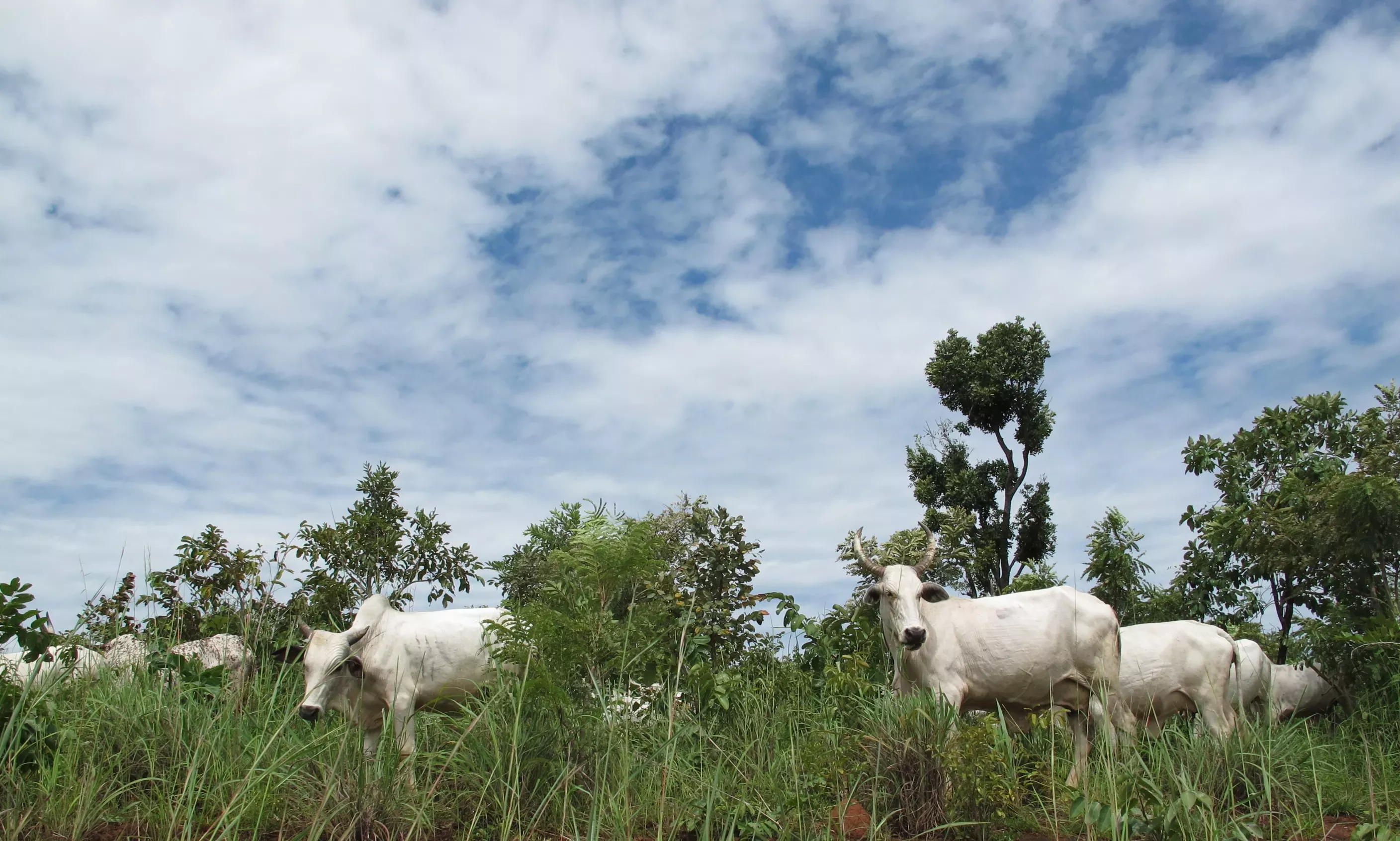
A solution to food security?
They looked at different combinations of crops needed to feed a 100-strong dairy herd.
These different combinations needed different amounts of land, but always provided enough protein, fat, sugar and fibre to feed the cows.
The most efficient combination of crops needed the least land (88 hectares) and the least efficient combination needed the most land (104 hectares).
So, what should the spared land be used for?
They found that if the spare land was used to grow crops that helped cows produce more milk, then those crops could also boost wildlife; a win-win scenario, especially when the spare land was used to grow different types of crops.
They were able to create the greatest number of different habitats, and so support the greatest diversity of wild plants and spiders.
This is a very promising result. Our research shows that we could improve the sustainability of our farm communities, by producing the most food with the least detrimental impact on our environment just by using the land differently. Reducing food waste and eating less meat should be part of the solution too - but using science to select crops to improve our farming systems could revolutionise our countryside.

